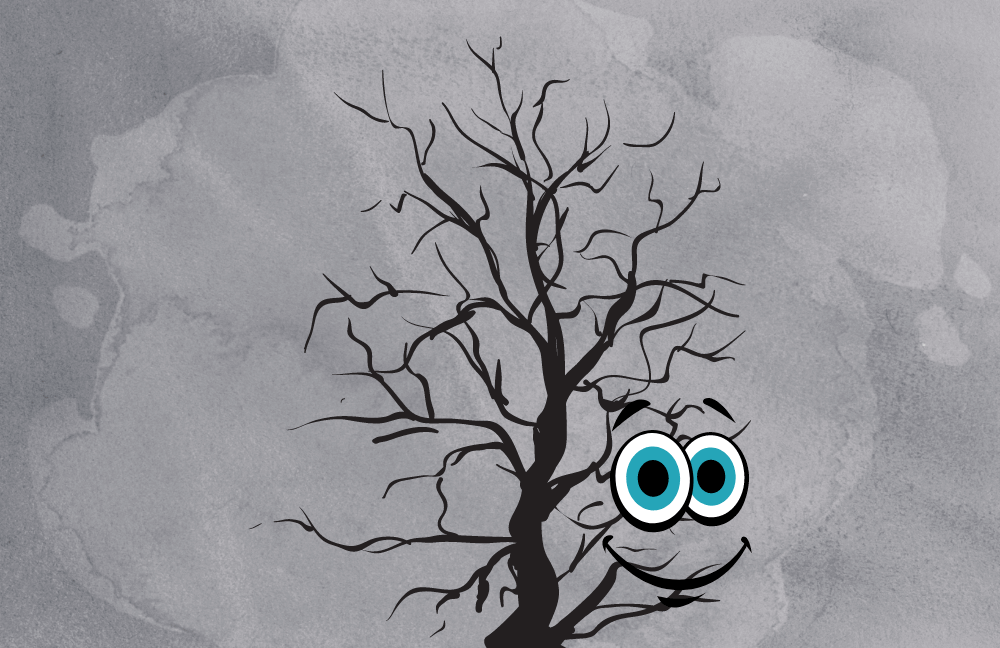Obsessive Compulsive Disorder (OCD)
What is OCD?
Obsessive-compulsive disorder (OCD) is a condition characterized by troublesome repetitive thoughts (obsessions) that bring about a lot of distress. Sometimes, to reduce the anguish associated with these thoughts, one may engage in ritualistic behaviors (compulsions). These behaviors seem relevant to the person performing them but could become largely fantasy based. For example, if a person is obsessed with cleanliness, he or she might conclude that washing the hands seven times works to get rid of the germs. But in reality, even though washing makes logical sense, washing seven times is illogical. The trouble caused by obsessions and the intrusiveness of compulsions can be so vast that people are unable to work, maintain relationships or live life optimally.
Obsessions
Compulsions
Compulsions are excessive, unrealistic, repetitive behaviors or mental acts that one feels obliged to perform in response to an obsession. Their purpose is to reduce anxiety or intended to prevent some dreaded fantasy outcome that they imagine.
Is OCD a Serious Problem?
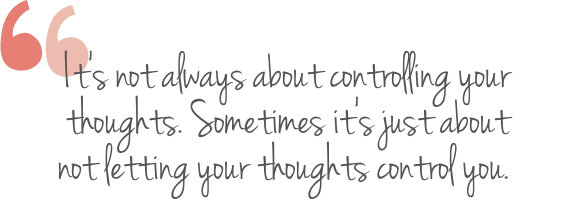
What Causes OCD?
There is no single explainable cause for OCD. We think it’s the thought of germs or having forgotten to lock the door or a partner’s infidelity, that’s causing us to ruminate and feel restless. But reality is deeper rooted. Evidence and research over the years explain a combination of genetic, biological, psychological and environmental variables. High risk factors include a history of OCD in the family, Parkinson’s and Huntington’s disease, traumatic life events with an inability to cope, or some specific throat infections (with streptococci) causing cellular changes that interfere with the brain chemical activity.
Also, your coping style to life events, responsiveness to uncertainty, psychological defenses, and the support system around you, all affect the way these events are perceived by your brain; and subsequently appraised as worrisome and uncertain. Negative events will always arouse apprehension and restlessness. But if you are able to see your worry as baseless, you are prepared to fight the resultant stress.
Signs and Symptoms of OCD
Obsession Themes
- Fear of contamination or dirt
- Doubting and superstitiousness
- Inability to tolerate uncertainty
- Doubting safety of appliances
- Needing order and symmetry
- Aggressive thoughts or visions
- Thoughts about losing control
- Visions about harming yourself
- Thoughts about harming others
- Inappropriate sexual thoughts
- Inappropriate religious thoughts
Some Obsession Signs
- Not touching surfaces or people
- Refusal to go out in public, hence
- Ruminating on door or window locks
- Doubting gadgets and appliances
- Stress when objects aren't orderly
- Irritability on seeing any asymmetry
- Images of saying/ doing bad things
- Visions of shouting obscenities
- Visions of acting inappropriately
- Unpleasant, guilty sexual images
- Avoiding specific social situations
Compulsion Themes
- Intolerance to dirt on self
- Intolerance to dirt outside
- Being certain about safety
- Deleting all chance of error
- Rigid need for orderliness
- Retaining outright structure
- Supporting a rigid routine
- Subjective focus on perfection
- Always acting to ward off harm
- Believing in fantasy outcomes
- Always demanding reassurance
Some Compulsion Signs
- Hand-washing till the skin peels
- Checking doors repeatedly
- Checking the stove continually
- Checking appliances unreasonably
- Counting in specific rigid patterns
- Repeating counting if disrupted
- Ambivalent about everything
- Frustrated that others don’t get it
- Repeating prayers under breath
- Silently repeating phrases to self
- Arranging things in a specific way
OCD comes in many faces. A persistent looming fear of catastrophic outcomes makes you feel apprehensive, and the compulsive ritual is repeated to ward off the fantasy disaster. All anxiety is really secondary to the intrusive thoughts that compel the ritualistic actions or mental tasks. This is time consuming, and daunting. OCD is always distressing.
Treatment of OCD
The first most important step in managing OCD is making the right diagnosis. Psychotherapy with or without anti-anxiety medication, as well as social and family intervention are the best solution. Psychotherapy focuses on changing negative views of yourself, others, and the world at large. Cognitive techniques like CBT (Cognitive Behavioral Therapy), REBT (Rational Emotive Behavior Therapy), ACT (Acceptance and Commitment Therapy) and Humanistic techniques like EFT (Emotion focused Therapy) and mindfulness, to name a few; all work on dysfunctional thoughts, emotions and behaviors that contribute to unrealistic apprehension. Behavior therapy techniques like systematic desensitization, relaxation training, exposure and response prevention, interoceptive exposure can all be used to customize the treatment plan based on need.
Evaluating OCD Severity
- Time spent in ruminating
- Energy drain, with thinking
- Time spent on compulsions
- Effort put into compulsions
- Distress and restlessness
- Intrusion and interference
- Resistance against obsessions
- Degree of control over OCD
- Ability to live life normally
- Capacity to retain focus
- Impact on the overall mood
CBT and ERP Goals in OCD
- Reduce emotional reactivity
- Identify irrational thoughts
- Defy distorted perceptions
- Prevent fantasy catastrophe
- Transform inability to power
- Rational problem solving
- Crisis situation adaptation
- Tolerance to frustration
- Resilience and stress coping
- Reclaim self-confidence/ esteem
- Reduce negative automatisms
Fight OCD with Dr Shefali Batra's Guidance
OCD management requires empathic listening, unconditional acceptance, and respect for how you feel. With that grounding, we first have a detailed discussion with you (as well as your family or loved ones if you permit) and then chalk out a treatment plan that embraces your goals, preferences and pace of self-work. The mainstay of management is medication (where needed) along with CBT (Cognitive Behavioral Therapy), REBT (Rational Emotive Behavior Therapy), ACT (Acceptance and Commitment Therapy) and Humanistic techniques like EFT (Emotion focused Therapy); and the recent focus on mindfulness. Treatment target is to restructure negative thinking and alter the habituation created by indulging in the compulsion.
As a psychiatrist and psychotherapist practicing distinctive therapies, Dr Shefali guides you through cognitive, mindfulness and neurobehavioral milestones to help you think, feel and behave more purposefully. Changing long standing thought processes, emotional reactivity and behavior patterns is not easy. With ongoing communication, hand holding support, cognitive challenge techniques, mindfulness training and continuous daily guidance and self-monitoring; the speed of self-healing increases manifold. And you get empowered to deal with malicious and troubling negative thoughts. How you feel matters. Let’s do something about it.
Dr Shefali Batra was interviewed by VERVE Magazine on Demystifying Mental Health. She explained the applicability of different therapies in various psychological conditions and how they help.
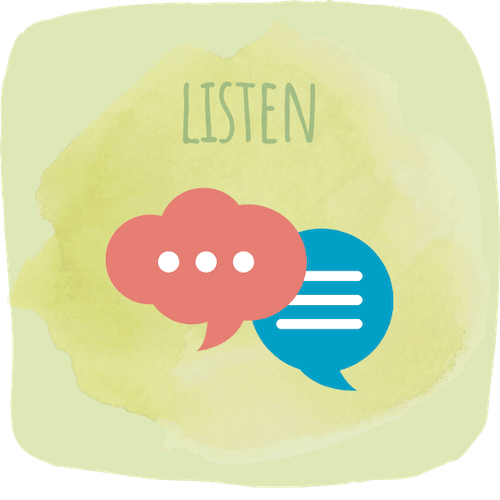

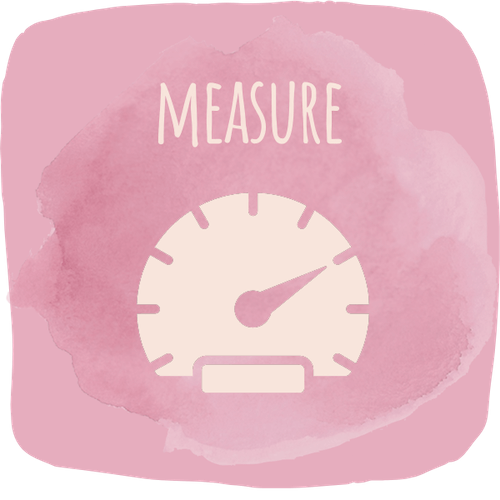
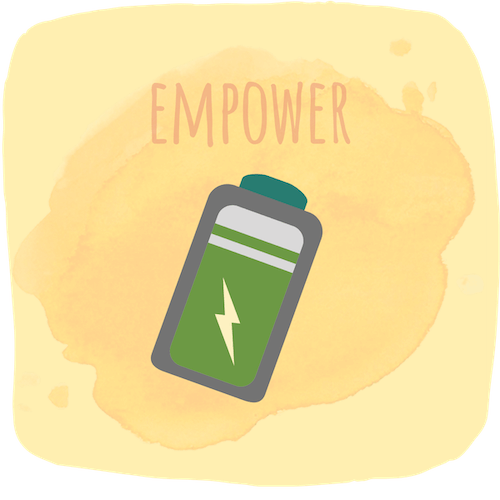
References
- Brock, H., Hany, M., (2020). Obsessive-Compulsive DisorderIn: StatPearls. Treasure Island (FL): StatPearls Publishing.
- Fenske, J. N., Petersen, K., (2015) Obsessive-Compulsive Disorder: Diagnosis and Management. Am Fam Physician. Nov 15;92(10):896-903.
- Veale, D., Roberts, A., (2014). Obsessive-compulsive disorder. BMJ. Apr 07;348:g2183.
Latest Posts

7 Reasons Why You Should Seek Therapy
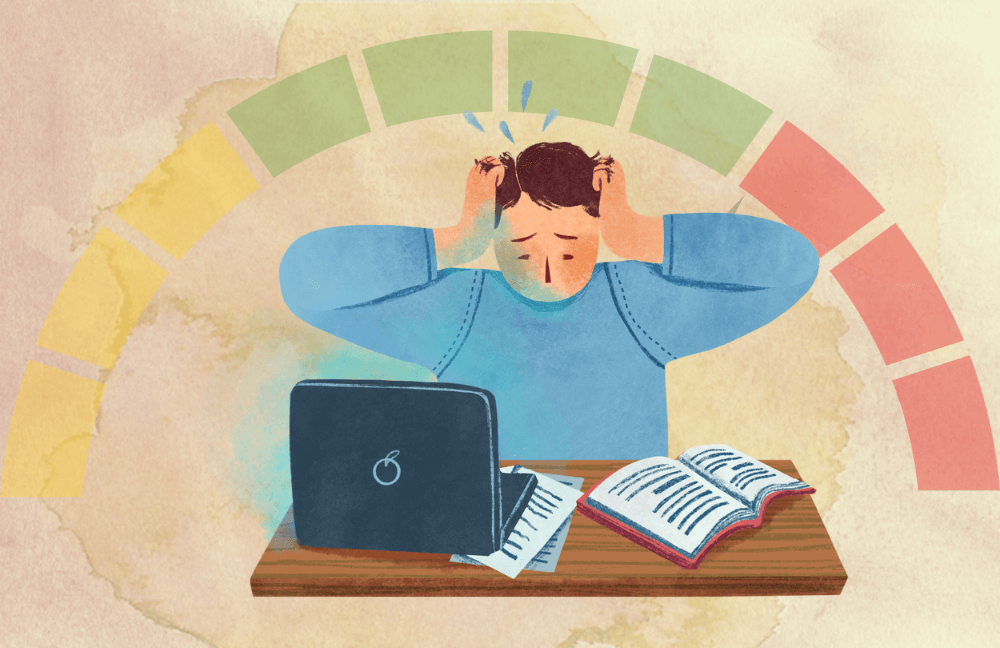
7 Questions About Workplace Stress Answered
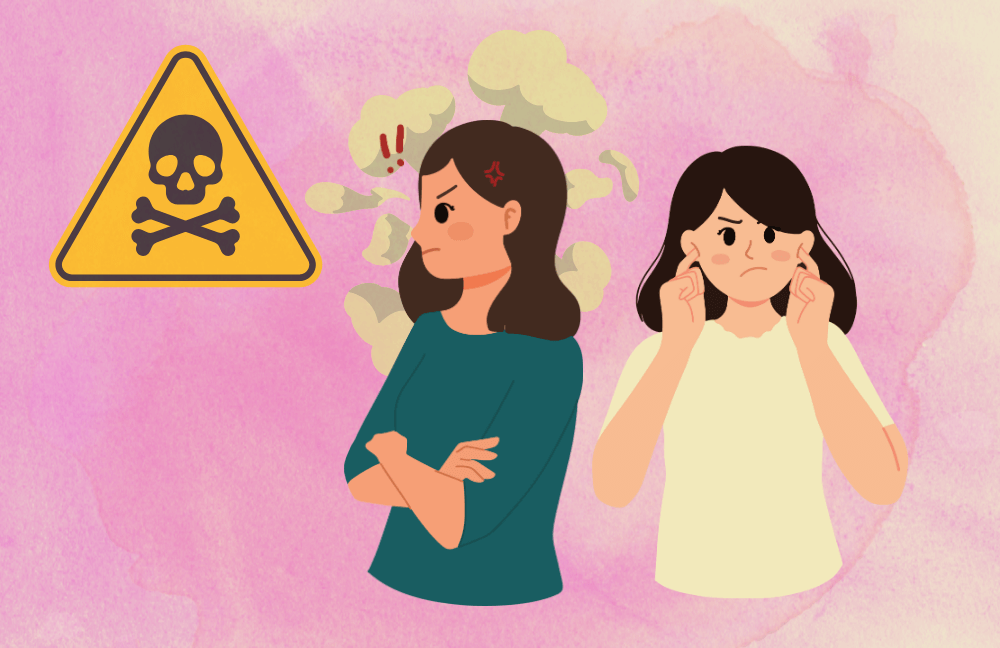
5 Ways To Deal With A Toxic Coworker
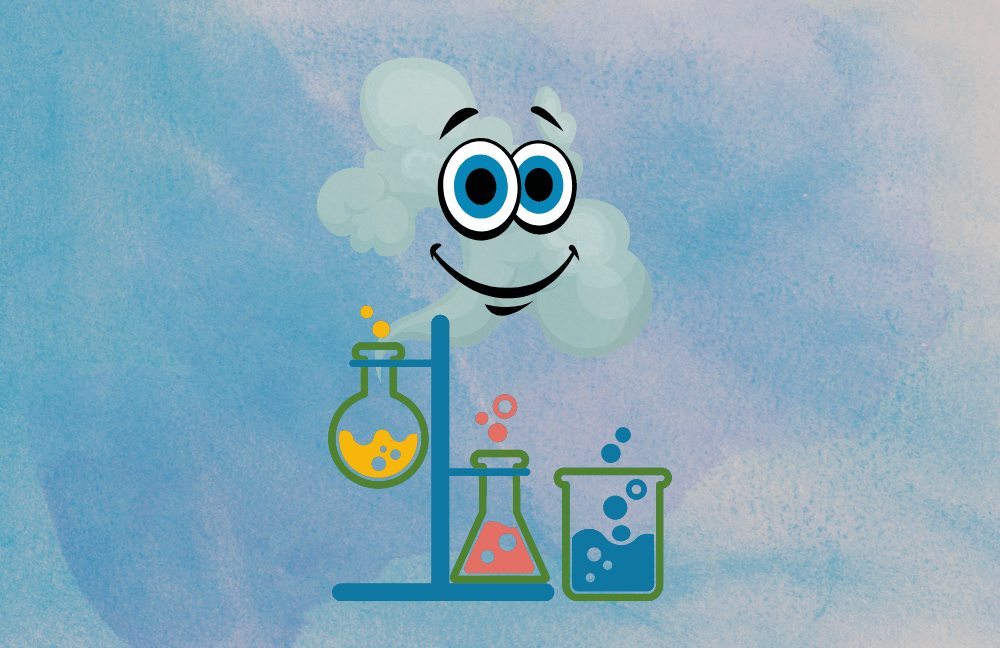
Science of Happiness: 1000s Of Years Of Research
